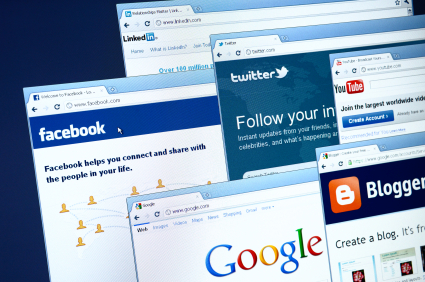 |
In the aftermath of the U.K. riots, there's been plenty of debate over the role that social media—particularly Twitter and Facebook—played in inciting the violence that occurred. In response, British Prime Minister David Cameron has suggested working with social media companies to deny access to the platforms if people are planning and/or rallying for acts of violence online. One British member of parliament, Louise Mensch, compared a temporary shutdown of social media to a "brief road or rail closure." She suggested this, mind you, on Twiitter.
Then again, the Arab Spring has proven that Twitter, Facebook and YouTube can help mobilize the masses against repressive governments. That's good, isn't it? Sam Ford, director of digital strategy at Peppercom and a research affiliate with MIT's Convergence Culture Consortium, says it's a digital slippery slope.
"The approach to shut down the means of public communication sets a bad precedent when it comes to how a country like the U.K. positions themselves vis-à-vis public protests in other countries, and oppressive regimes that might try to silence their citizenry," says Ford. "It's hard to imagine being able to justify, at this point, jamming cell phone signals and shutting down phone lines during a situation of rebellion, or disallowing the publishing and sharing of printed materials—and banning a means of electronic communication seems to be taking the same sort of approach."
Christian Olsen, VP at Levick Strategic Communications, points out that turning off cell phone access is just what BART officials in the Bay Area did on August 11 to prevent a trackside protest. That's a bad thing, says Olsen, adding that the possibility of an emergency when service was shut should have taken precedence in BART's decision.
Olsen's advice to London? "Be smarter. Social media gives you the opportunity to interact with the public, so use it to your advantage," he says. Any attempt to censor social media, adds Olsen, would cause huge credibility damage, particularly leading into the London Olympics in 2012.
What do you think? It's clear that social media brings out the good, the bad and the ugly. Should censorship that would prevent the bad and the ugly be allowed?

Social media is merely a means of communication – it, in and of itself, didn’t incite these riots. Besides … a text or phone message can travel just as quickly as social messages — if not more so (if the sender and recipient are both angry at the government for silencing them online)
I agree with Olsen – rather than silence a community, engage them and try to get to the root of the issues that caused these riots in the first place.